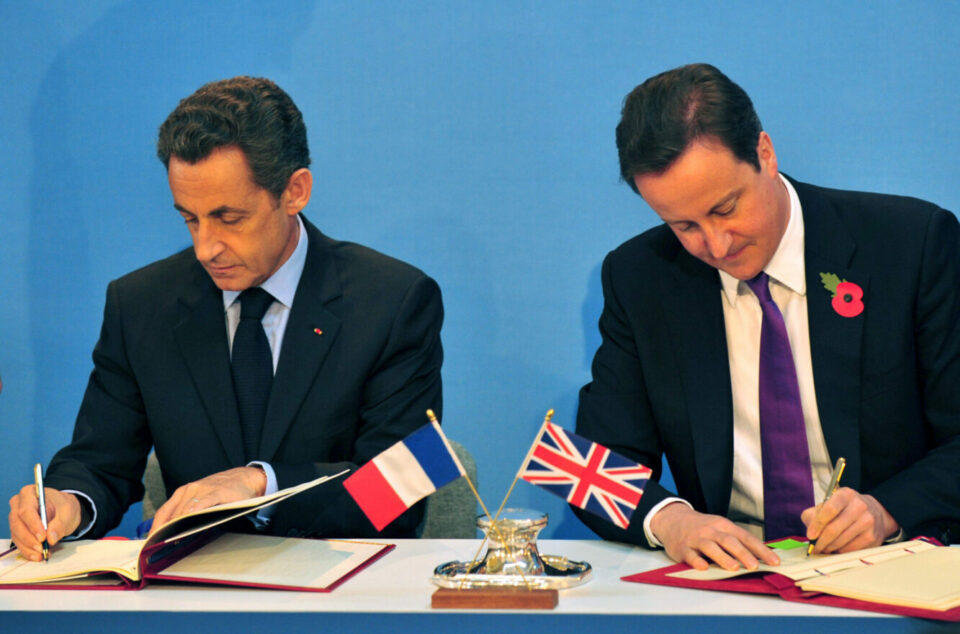“`html
Forging a Nuclear Alliance: Will the UK and France Unite in the New Era of Atomic Power
1. Overview of Nuclear Energy in the UK and France
Nuclear energy plays a vital role in the energy policies of both the UK and France. Each country has its own approach to managing nuclear capabilities, with France largely relying on nuclear energy for its electricity generation, while the UK aims to expand its nuclear program as a part of a broader transition to cleaner energy sources.
2. Current State of Nuclear Power
2.1 United Kingdom
- Home to 15 operational nuclear reactors.
- Plans to invest £20 billion in new nuclear power plants by 2030.
- Focus on reducing dependency on fossil fuels and achieving net-zero carbon emissions by 2050.
2.2 France
- Possesses 56 operational nuclear reactors, generating about 70% of its electricity.
- Has announced plans for new nuclear construction and modernization of existing plants.
- Aims to enhance sustainability and energy independence.
3. The Case for a Nuclear Alliance
The potential for a nuclear alliance between the UK and France stems from several key factors:
- Shared Interests: Both countries seek to enhance energy security and sustainability.
- Technological Collaboration: Joint investments in R&D can lead to advancements in nuclear technology.
- Global Leadership: A partnership can position both nations as leaders in global nuclear energy governance.
4. Benefits of a UK-France Nuclear Alliance
- Enhanced Security: A cooperative nuclear ecosystem can bolster national security against common threats.
- Cost Efficacy: Sharing resources and expertise could lower the overall costs of nuclear projects.
- Interconnected Grid: A nuclear alliance can support the creation of a more interconnected electrical grid across Europe, improving reliability.
5. Technological Advancements in Nuclear Energy
The collaboration between the UK and France could push the boundaries of nuclear technology. Key areas of focus might include:
- Small Modular Reactors (SMRs): Developing flexible and scalable nuclear solutions.
- Fusion Energy: Joint efforts in pursuing breakthrough fusion technologies.
- Decommissioning Technology: Innovations aimed at safely dismantling old nuclear facilities.
6. Challenges Ahead
Despite the potential benefits, a nuclear alliance between the UK and France will face several obstacles:
- Political Differences: Varied political landscapes and public perceptions of nuclear energy could hinder cooperation.
- Regulatory Frameworks: Divergent regulations may complicate joint projects and initiatives.
- Financing and Investment: Securing funding and investment for collaborative projects may be challenging.
7. Case Study: The Astute-Class Submarine Program
One successful example of UK-France collaboration in the nuclear realm is the Astute-class submarine program. The program showcases:
- The joint commitment to develop advanced naval nuclear capabilities.
- Collaboration in nuclear propulsion technology.
- Strategic alignment in defense policies.
| Key Features | Astute-Class Submarine | Potential Alliance Benefits |
|---|---|---|
| Nuclear Propulsion | Yes | Enhanced efficiency and reach |
| Technological Innovation | Cutting-edge | Combined expertise for breakthroughs |


